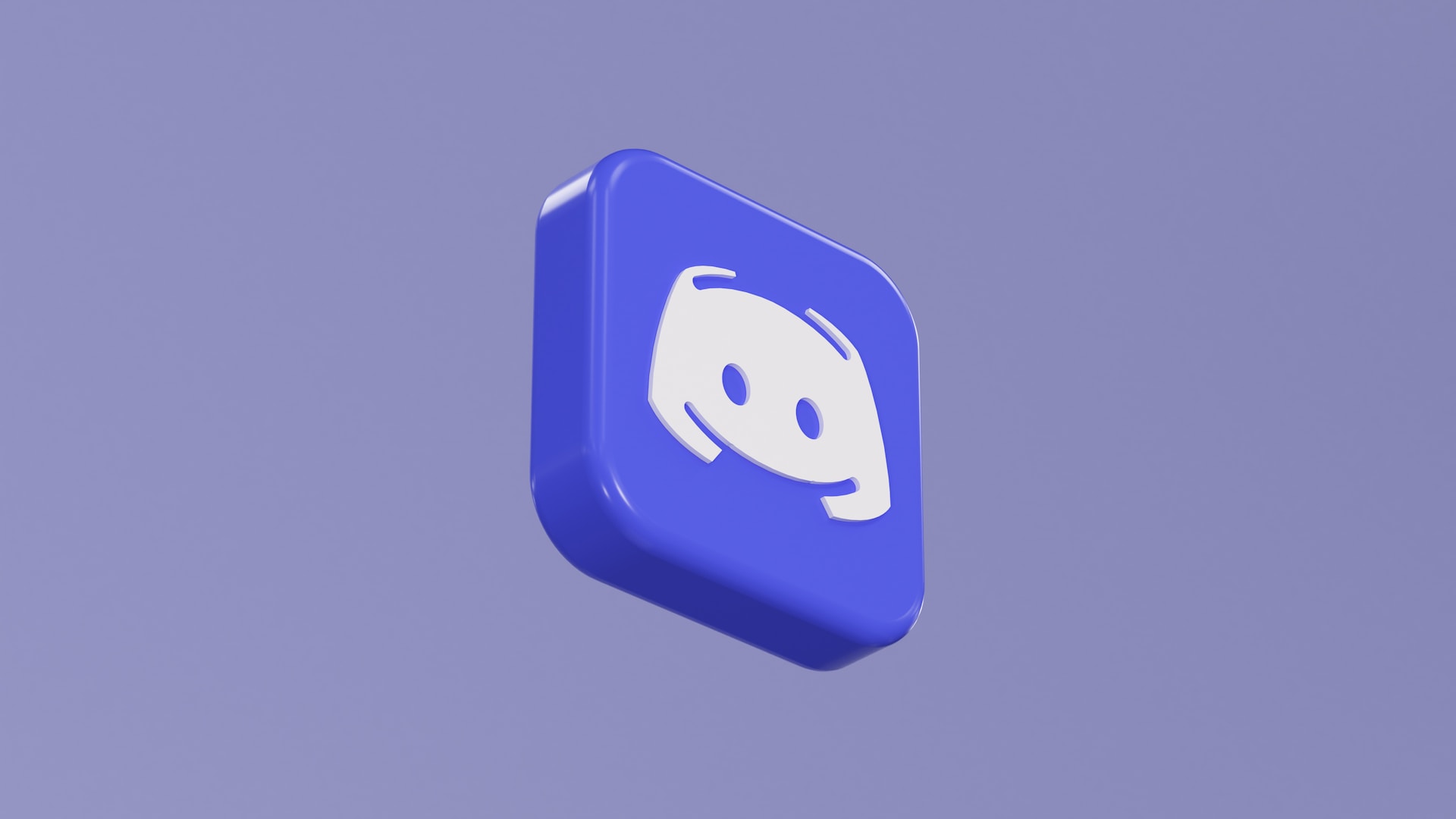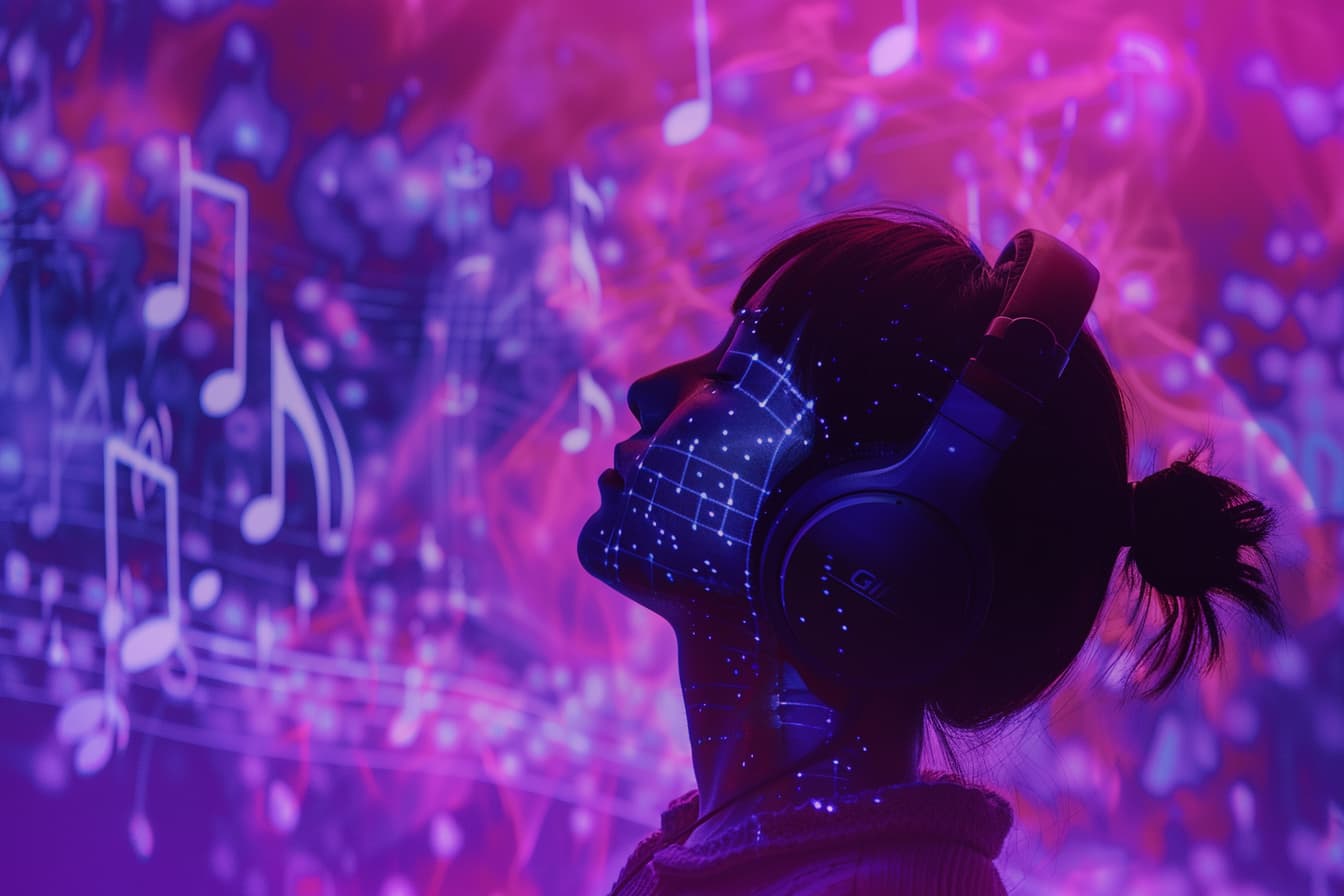Music 2000: Entering music through games
In 1999 my classmates and I were 16 years old. Sony’s Playstation 1 had been out for about 4 years and taken the world by storm. Everyone had one or knew someone who did and was round theirs, playing Tenchu: Stealth Assassins or Tony Hawks Pro Skater or Metal Gear Solid or Final Fantasy 7. It was a great time to be a teenager. At that same time, in the UK, Jungle had exploded and was morphing into Drum and Bass, I remember hearing Roni Size’s ‘Snapshot’ or Die’s ‘Poison Ivy’ getting battered relentlessly at house parties in Bristol. Then an unknown games development house in Liverpool blessed the world with a game that changed the music landscape, Music 2000. It’s hard to overstate the importance of this game, some cite it as the birthplace of Grime and proto Dubstep, many big producers call it their entry point into music production and for me and my mates, it solidified a lifelong relationship with games, tech and music production.
Back in 1999, if you were an established electronic producer, you needed some combo of a PC or Mac, DAW (Cubase, Logic, Cool Edit, etc), probably a sampler like an Akai MPC, S3200 or Emu E6400, maybe a mixing desk, maybe a DAT recorder and whatever other outboard gear you could get. This stuff was expensive and out of reach for the vast majority of us, it was restrictive and unless you had mates, generous parents or an older sibling already invested, it was an insurmountable barrier to entry. Jester Interactive, a games development house that opened in 1997 put their second release out (a follow up to the relatively unknown ‘Music: Music Creation for the PlayStation’) Music 2000. This was a fully-fledged DAW on the PS1, it had baked in samples and melodies that came with the game, but you could load your own in as well. All of a sudden the barrier to entry was dramatically lowered, an Akai MPC2000 was about £2000, a Playstation 1 was £299 and the game was £30 and you had it, could get it, or were mates with someone who could.
Sony had been capitalising on the emergence of rave from a UK counter culture into the mainstream for a bit, Geoff Glendenning, one of the big dick swingers on Sony’s marketing team saw the target demographic was me and my mates. We had been built by rave culture and had grown out of the cutesy Mario and Sonic games and wanted games that felt more authentic and relatable to us. He partnered up with Ministry of Sound and managed to get 52 nightclubs across the UK to have dedicated Playstation rooms. Games like Wipeout and Rollcage had thunderous soundtracks from the hot producers of the time. Sony positioned the Playstation as the adult gaming system. Music 2000 wasn’t the first music creation game on a mass sold games console, Mario Paint on the SNES came out in ‘92, which JME and Skepta famously cut their teeth on. But Music 2000 had the right aesthetic, marketing and cultural relevance to take off.
I’m not overselling this game when I say you can pin it as the birthplace of Grime, giving innercity youth in the 2000s the ability to make the rhythms they wanted, beats from Dizzee Rascal’s seminal ‘Boy in da Corner’, So Solid Crew’s ‘They Don’t Know’ and Youngstar’s everlasting ‘Pulse X.
There was a backlash against Music 2000 – and even Fruity Loops – in that these programs were seen as toys by the older, established industry heads, not to be taken seriously. As is often the case with technological progress and generational divides, the elders got blindsided and the youth made a whole new scene which told the story of their time.
Jester Interactive released Music 2000 in America with backing and brand recognition as MTV Music Generator and just like it did in the UK, the game enabled a new generation of poor kids to get involved with production in a way they never had before. Lex Luger and Big KRIT speak on how this video game got them on the ladder to becoming the international stars they are today.
Jester Interactive is still going (at least their website is still up), though their last game project seems to have been in 2008. There were follow ups to Music 2000, the predictably titled Music 3000, but it failed to catch the imagination of the masses like the previous iteration did. Perhaps the landscape changed so much again, home computing became cheap, laptops and free (or cracked) versions of DAWs (Garage Band, Reason, Reaper) became common place. Bare music creation (eJay Clubworld, Beaterator) or ‘play along’ (Rocksmith, Guitar Hero) games hit the market and as the years rolled on, producing music on the games console became a historic novelty for old Jungle producers like me.






